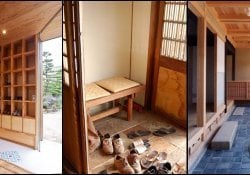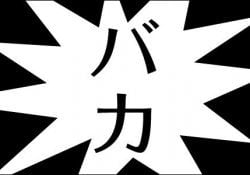Ever wondered what hospitals are like in Japan? How does the Japanese healthcare system work? In this article, we will briefly talk about the amazing Japanese public hospitals and how Japan's healthcare system works.
Unlike Brazil, public hospitals in Japan are not free, and are more difficult to find than private clinics and hospitals. Even though Japan's healthcare system is not free, it has great advantages because it is efficient and fast.
Índice de Conteúdo
Japan Health System
In Japan health is expensive, it's not like in Brazil where you have SUS and free services. Not that's a problem, instead of paying taxes to pay for a precarious system, Japan kind of forces all Japanese people to pay for health insurance.
This health insurance is known as Social Health Insurance (SHI) [国民健康保険] and covers about 70% of all medical expenses of any amount, and still gives you the chance to be reimbursed for high expenses in a hospital.
Exactly, the insurance only covers 70%. In addition to paying monthly taxes to the public healthcare system, Japanese citizens pay 30% of their medical bills, which are strictly regulated by the state so they never become unaffordable.
There is also insurance that does not let medical costs exceed 80,100 yen per month. If the person has an injury or illness, and is unable to work and receive the salary, he/she receives 60% of the lost salary for up to 1 year and a half.
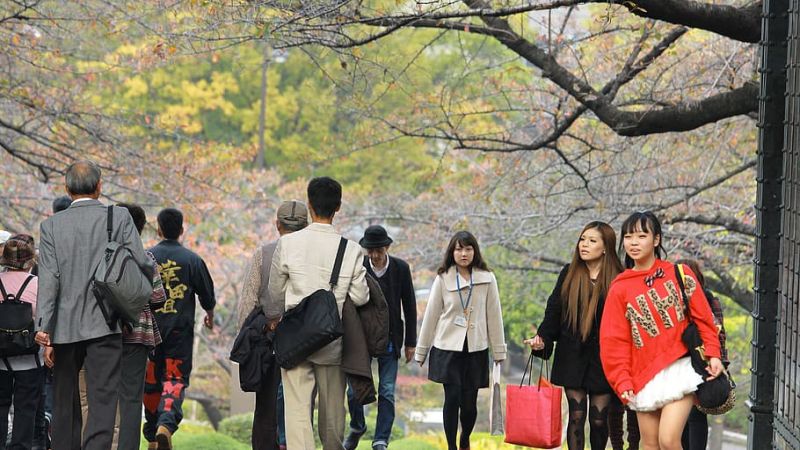
Types of Health Insurance in Japan
Health insurance is usually charged per family, covering any medical treatment except cosmetic treatments or some dental treatments such as braces. If not, you need to apply at your local city hall office.
There is not just one health insurance in Japan, people can choose different types of health insurance. International visitors who do not have the health system need to resort to private networks that complement public coverage.
Social Health Insurance (SHI) – Insurance for people who work in companies. Both you and your employer contribute equally to SHI, each paying approximately 5% of your salary.
National Health Insurance (NHI) – Intended for students, freelancers, people working for small businesses. Your contribution is based on your annual income and may cost a little more than SHI would.
Nursing Insurance – If you are between 40 and 65 years old, 1,65% of your earnings goes towards nursing insurance.
private health insurance – How Japan's public health insurance covers cats for just about anything. Private health insurance is rare, but there are some that cover the 30% of medical expenses you need to pay.
We recommend reading about Social insurance, a social insurance that encompasses health insurance, retirement, accident and even funeral insurance. The insurance also pays for the expenses of other hospital needs, such as orthopedic and physical therapy products.
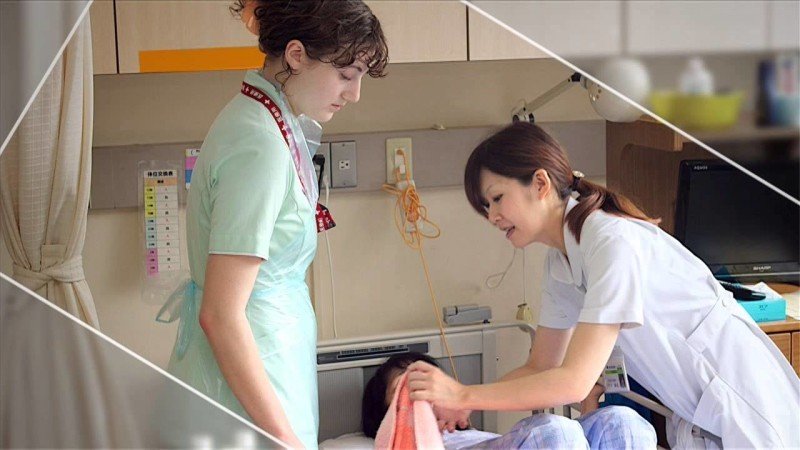
Japan's medical problems
No healthcare system is perfect. Some doctors order tests unnecessary, and extend hospital stays in order to receive more money. Other doctors ignore complexities and specializations and ignore the patient's word.
Japanese doctors love to prescribe medication or recommend unnecessary returns.
This results in Japan's healthcare system many medical errors. To try to remedy the situation, a way to change the system of training doctors in Japan is even being studied, mainly the absence of practical classes in the courses.
If you are having an appointment and you are not satisfied with the doctor's diagnosis, you can seek the opinion of other doctors. It is highly recommended to always carry your card, extra money and the phone number of an interpreter in case you need it.
This is another problem, many hospitals don't accept cards and only accept cash, but you can resort to some alternatives if you don't have money at the moment and are in the hospital for emergency reasons. Some have ATM machines.
Despite hospital costs being considered cheap in Japan, many Brazilians and tourists disagree with this point. Even covering 30% of expenses, a consultation can cost up to 10,000 yen.
Despite intense criticism of the Japanese healthcare system, surveys reveal that it ranks above the US healthcare system with lower spending, lower prices, lower mortality and better care.
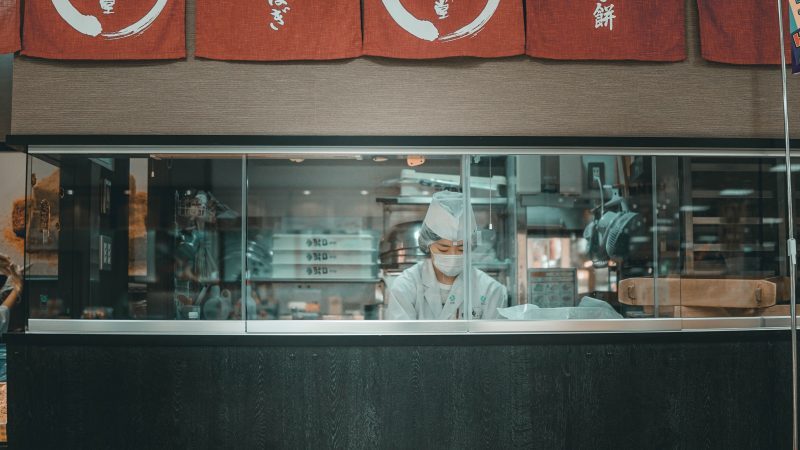
How are Hospitals in Japan?
It is estimated that there are over 8,500 hospitals in Japan. If you need any medication, there are more than 53,000 pharmacies across Japan. Some hospitals require reservations, others make a reservation upon arrival.
There is no system of general practitioners in Japan. Instead, people go straight to a specialist, operating out of a clinic. There are many different experts available, so it's worth doing your research.
Patients are free to choose which hospitals and doctors they want to go to, and cannot be denied coverage. Hospitals, by law, must be run as non-profit companies. For-profit organizations are prohibited from operating hospitals.
Hospitals in Japan tend to have the best facilities and equipment, and you are quickly well taken care of, even large and full hospitals you have the option to book your time which is punctual.
Some offer stores, newsstands, kobini, vending machines, post office and many other utilities. A Japan Hospital is like an advanced mall. The video below will give you an insight into what a public hospital in Japan looks like.
If you are a foreigner in Japan and are looking for a hospital recommended for you, we recommend seeing a list on this site.
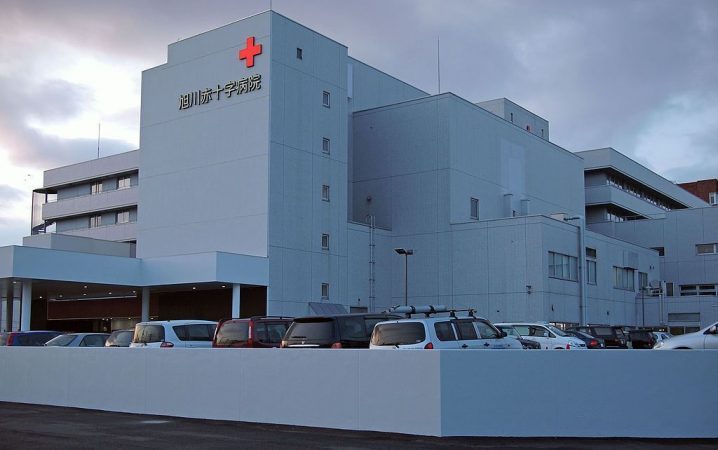
The article is still halfway through, but we recommend also reading:
Health of Brazil x Health of Japan
Many Brazilians who live in Japan question the country's health system and miss the SUS. I know some people who had to return to Brazil to have a certain treatment for a more affordable price, but the opposite also happens.
Many detonate the SUS and its low quality, delay and lack of treatments. For some, having SUS is the same thing as having nothing. Despite this, as it is a free service, we cannot complain about the SUS.
Many things can be easily and quickly resolved in public hospitals in Brazil. A simple consultation or hospitalization in Japan can drain a large part of your salary, even with the 70% paid by the government.
The great sadness is the simple fact that the taxes we pay to support the public health network are misused and stolen by the corrupt government. Brazil's taxes are also expensive compared to salary and living expenses.
In Japan, despite a large percentage of our monthly salary being used for health insurance and other taxes, the earnings provide a cost and lifestyle much higher than in Brazil. That's why we don't complain about paying for healthcare in Japan.
There are complaints about medical errors and problems in hospitals both in Japan and Brazil. Bad professional exists everywhere, whether public or private. That's why I advise you not to criticize the public health of Japan or Brazil.
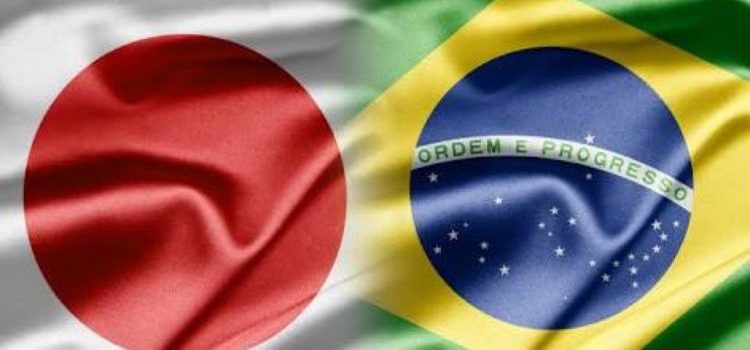
medical vocabulary in japanese
To complement, we will leave a list of important words in case you need to go to a doctor. You will also find other words in our article on dentistry, illnesses and pharmacies.
| medical term | Kanji | Romaji |
| accident | 事故 | jiko |
| ambulance | 救急車 | kyuukyusha |
| heart attack | 狭心症 | kyoushinshou |
| medical bill | 医療費 | iryouhi |
| dentist | 歯科医師 | shikaishi |
| leakage | 脳卒中 | nousocchuu |
| emergency | 非常 | hijou |
| pharmacy | 薬局 | yakkyoku |
| hospital | 病院 | byouin |
| doctor | 医師 | ishi |
| broken bone | 壊れた骨 | kowareta hone |
| prescription | 処方 | shohou |
Videos from Hospitals in Japan
To finish the article, we will leave some videos of Caipira in Japan and You in Japan that show a little of Japanese public hospitals and their great charm and quality. Hope you enjoyed the article, thanks for the comments.

